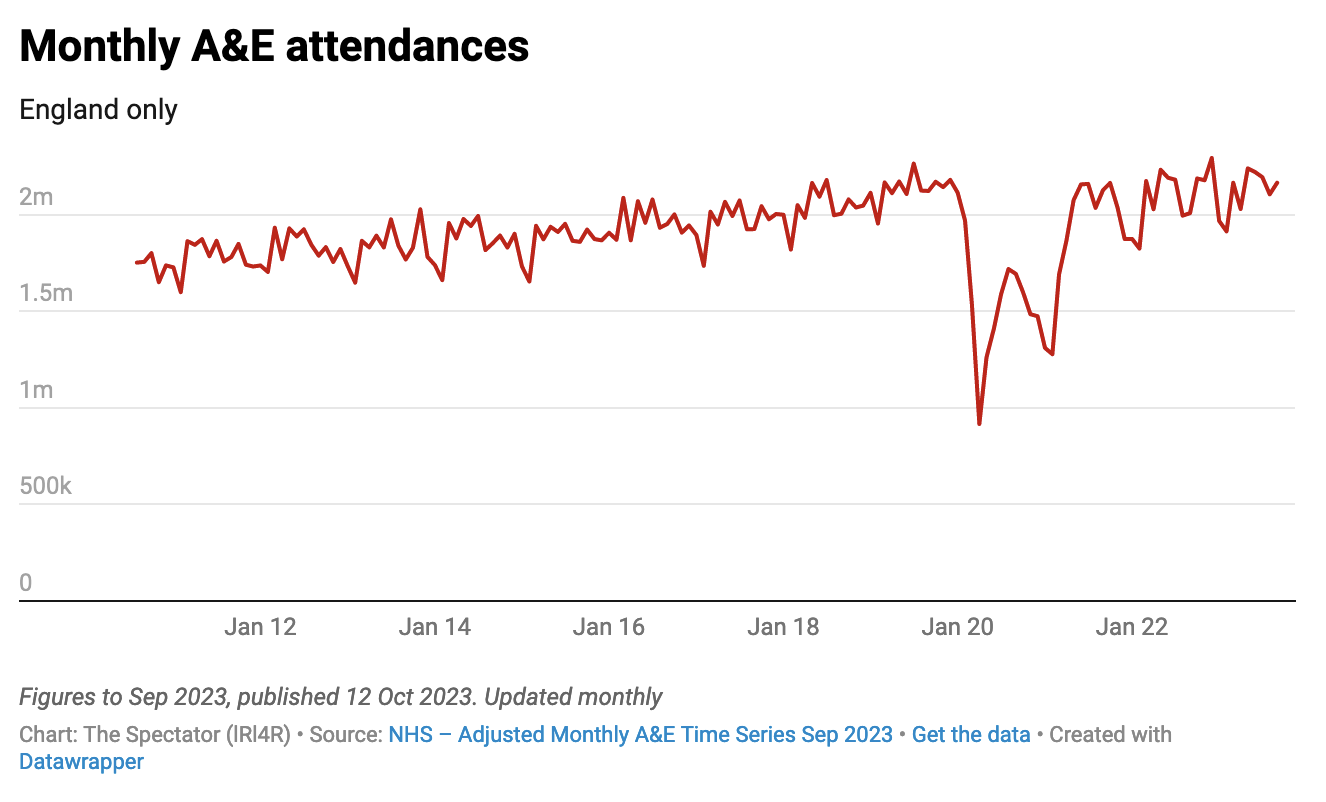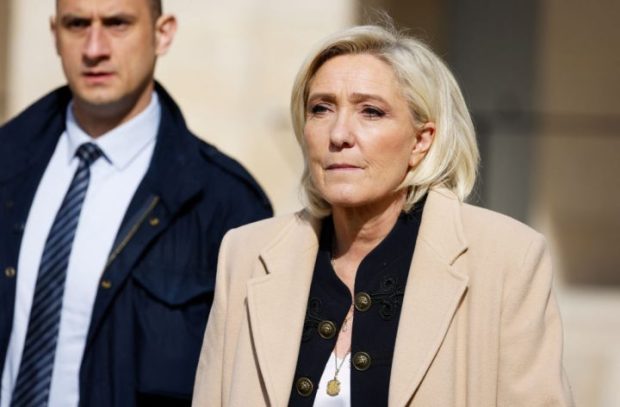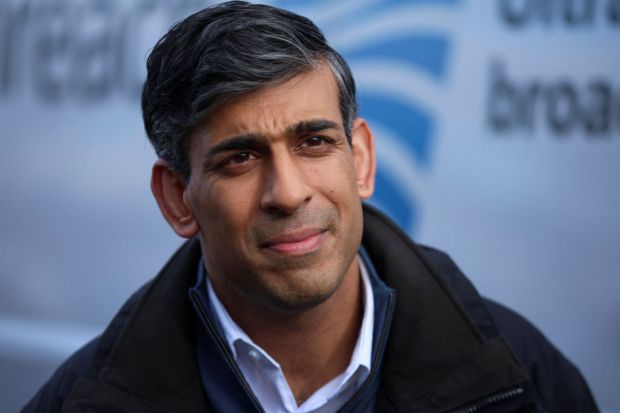The trivia-obsessed Covid Inquiry has today been having fun with Dominic Cummings’s emails and finding rude words he used about colleagues. Trying to draw anything substantial from this is hard but one line did jump out at me: Boris Johnson saying ‘I no longer buy all this NHS overwhelmed stuff’. The inquiry should be asking: was he right?
It was October 2020. The Prime Minister messaged Lee Cain, his press chief, to talk about Covid deaths:
I must say I have been slightly rocked by some of the data on Covid fatalities. The median age is 82-81 for men and 85 for women. That is above life expectancy. So get COVID and live longer. Hardly anyone under 60 goes into hospital (4 per cent) and of those virtually all survive. And I no longer buy all this NHS is overwhelmed stuff.
The Prime Minister was precisely right on all counts. Rather than measure Covid in crude deaths, the measurement should have been Quality of Life Years Lost (QALY), the standard assessment, that factors in life expectancy. The NHS was not under threat in October given that it had not been overwhelmed – or anything like overwhelmed – even at the peak of the first wave.
Beds had been cleared to make way: and this worked. The NHS responded well. The peak Covid day was 12 April, with 17,150 inpatients. The next day, the Health Service Journal broke the story of unused NHS capacity (my italics).
Figures from the national NHS operational dashboard, seen by HSJ, show that 41 per cent of NHS general acute beds were unoccupied as of the weekend — 37,500 of the total 91,600 relevant beds recorded in the data. That is 4,500 more than the 33,000 the NHS said had been freed up on 27 March, and nearly four times the normal amount of free acute beds at this time of year.
So there was never any need to ‘protect the NHS’ (a slogan that NHS chiefs hated) because it had protected itself. It had taken radical steps to make space available, but that worked. The nightmare scenario never came close to being realised. The 1,800 extra ventilators bought in a panic (on duff SAGE advice) were never needed, and instead ended up in an defence warehouse in Donnington.
Sage had advised the NHS of a “reasonable worst-case scenario” where 90,000 beds with ventilators would be needed to care for Covid patients, vs 7,400 beds then available. In fact, use peaked at 2,849 beds when 42 per cent of NHS ventilator beds were unoccupied. Not for the first time, Sage got it very badly wrong. A third of intensive care beds were empty at peak Covid, as were 44 per cent of general and acute beds. This was why those Nightingale units were not needed.
And the NHS more broadly? The Accident & Emergency wards were not overwhelmed: indeed the number of admissions halved. As we now know:-

Meanwhile, very few patients were coming forward for standard care – perhaps heeding the message to ‘protect the NHS’. This created a huge backlog of untreated medical problems.

The NHS is overwhelmed now. But during Covid, it was not: the Prime Minister was right to point this out and his advisers were wrong not to heed him. It’s depressing that the Covid Inquiry seems utterly uninterested in the truth of these substantive points, but we’ll continue to highlight them.
Got something to add? Join the discussion and comment below.
Get 10 issues for just $10
Subscribe to The Spectator Australia today for the next 10 magazine issues, plus full online access, for just $10.




















Comments
Don't miss out
Join the conversation with other Spectator Australia readers. Subscribe to leave a comment.
SUBSCRIBEAlready a subscriber? Log in